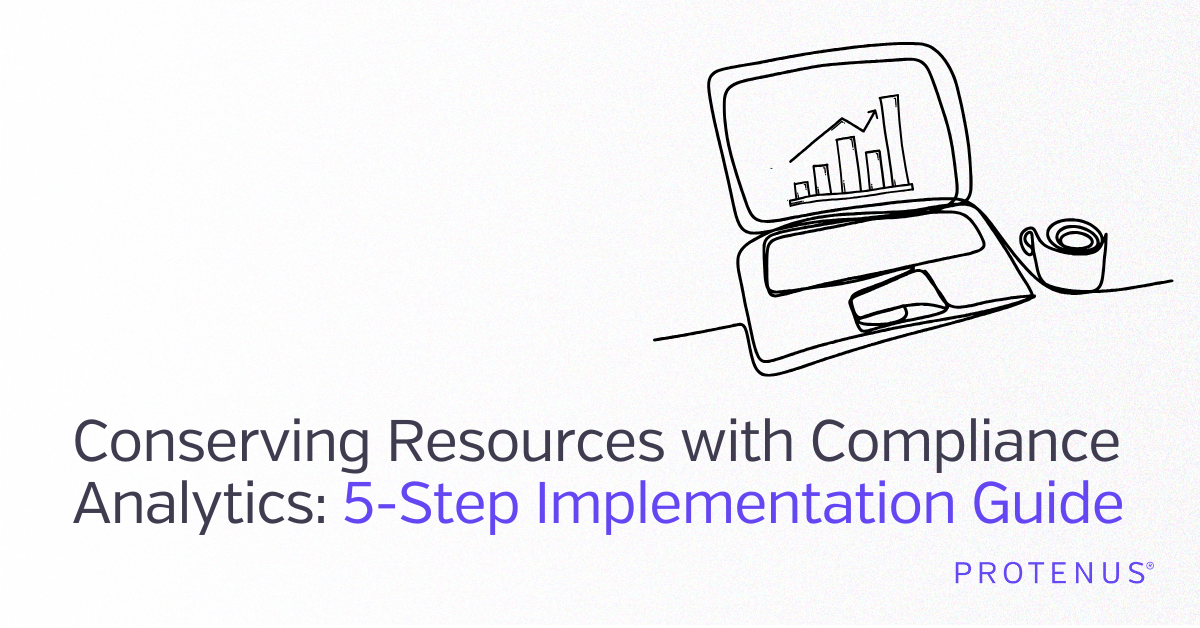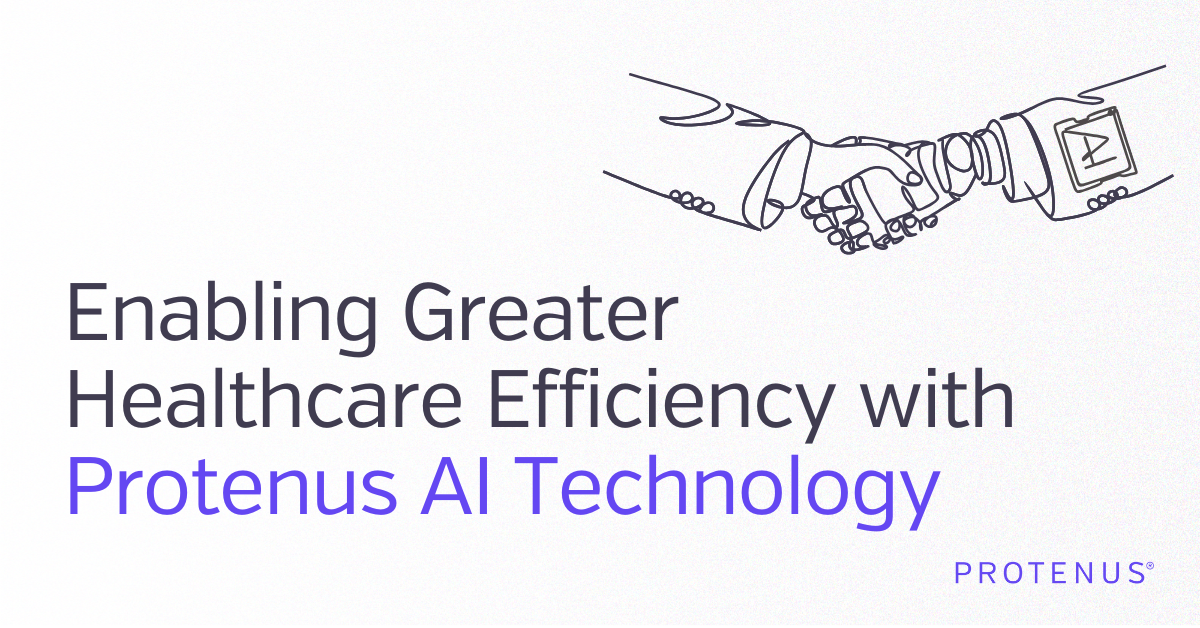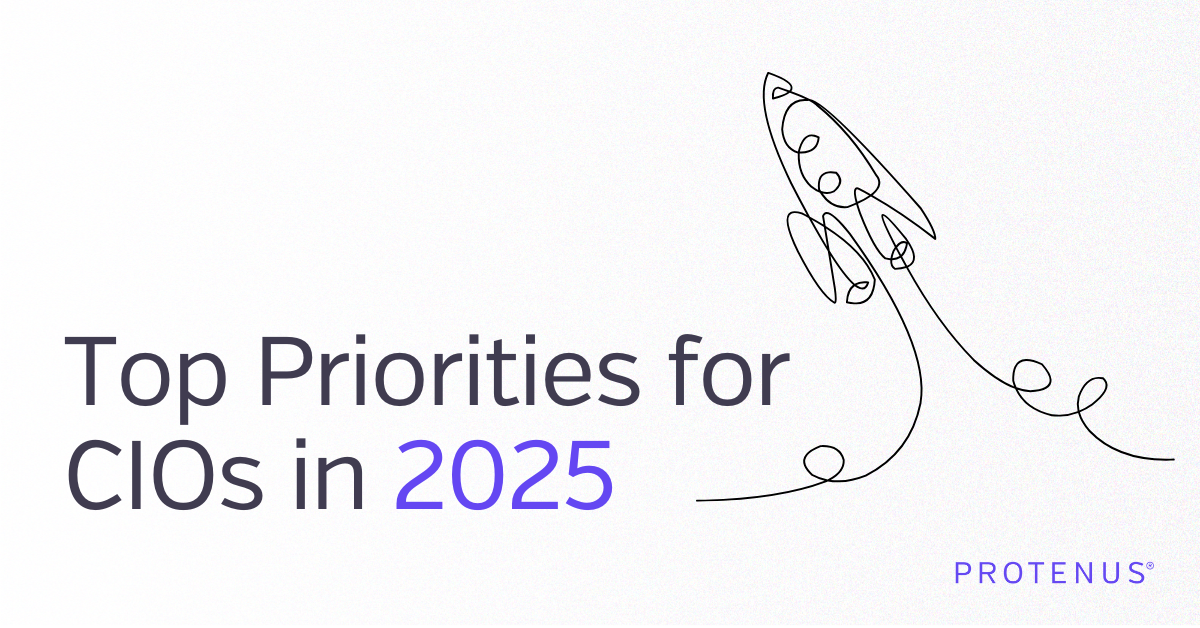Share this

How a Large AMC Took a Proactive Approach to Drug Diversion Monitoring
by Amanda Rogers, Marketing Content Writer, Protenus on June 14, 2022
Detecting and monitoring drug diversion using manual processes and disjointed efforts is an inefficient use of resources and produces subpar results that aren't scalable and don't give you the true picture of what's happening at your organization. See how a Large AMC Takes a Proactive Approach to Drug Diversion Monitoring and Detection Efforts by Harnessing the Power of AI.
Responsible for detecting and monitoring potential drug diversion behavior at a large academic medical center with over 100 patient care facilities, the drug diversion team was stretched thin and using outdated, inefficient processes and legacy software solutions.
Click here to download the Case Study: "Large AMC Takes a Proactive Approach to Drug Diversion Monitoring and Detection Efforts by Harnessing the Power of AI"
Due to the COVID-19 pandemic, the health system was seeing record numbers of patients and experiencing staffing shortages throughout the organization. The ongoing impact of those stressors could reach a tipping point and cause more employees to divert drugs. To fill in the gaps in staff, the AMC needed to rely more on contract agency employees which also posed an increased risk for drug diversion.
Switching to a better solution became critical.
Drug diversion detection and monitoring was a challenge that needed artificial intelligence partnered with human expertise to solve. The drug diversion team needed a better way to detect, identify, investigate, and resolve drug diversion incidents without increasing staffing.
Specifically, they were looking for a solution that would enable them to:
- Monitor 100% of controlled substance-related transactions
- Identify and prioritize potential risks with exceptional accuracy
- Automatically surface events to end-users with all relevant information
After thorough evaluation, the AMC partnered with Protenus.
Implementation of Protenus' Drug Diversion Surveillance solution delivered dramatic results quickly. Within 9 months the Protenus platform enabled the 2.5-person team to achieve a time to initial case review completion of 1.06 days and a time to case resolution of 1.13 days, all while reviewing far more cases with no increase in headcount.
The drug diversion team has gained the ability to more efficiently detect suspicious activity and provide the evidence needed to resolve cases, allowing the organization to take a more proactive stance in protecting its patients, reputation, and its community at large.
Interested in learning more about what your health system can achieve by leveraging Protenus? Download our new case study.
Share this
- December 1, 2024 (3)
- November 1, 2024 (1)
- October 1, 2024 (2)
- September 1, 2024 (1)
- August 1, 2024 (1)
- July 1, 2024 (1)
- June 1, 2024 (1)
- May 1, 2024 (1)
- March 1, 2024 (2)
- February 1, 2024 (3)
- January 1, 2024 (1)
- December 1, 2023 (1)
- November 1, 2023 (3)
- October 1, 2023 (3)
- September 1, 2023 (1)
- August 1, 2023 (1)
- July 1, 2023 (2)
- April 1, 2023 (1)
- March 1, 2023 (1)
- February 1, 2023 (1)
- December 1, 2022 (3)
- November 1, 2022 (3)
- October 1, 2022 (1)
- September 1, 2022 (1)
- August 1, 2022 (2)
- June 1, 2022 (4)
- May 1, 2022 (5)
- April 1, 2022 (1)
- March 1, 2022 (4)
- February 1, 2022 (3)
- November 1, 2021 (2)
- October 1, 2021 (3)
- September 1, 2021 (3)
- August 1, 2021 (3)
- July 1, 2021 (4)
- June 1, 2021 (2)
- May 1, 2021 (2)
- April 1, 2021 (2)
- March 1, 2021 (5)
- February 1, 2021 (1)
- January 1, 2021 (1)
- December 1, 2020 (1)
- November 1, 2020 (2)
- October 1, 2020 (2)
- September 1, 2020 (3)
- August 1, 2020 (2)
- July 1, 2020 (2)
- June 1, 2020 (6)
- May 1, 2020 (3)
- April 1, 2020 (4)
- March 1, 2020 (2)
- February 1, 2020 (4)
- January 1, 2020 (2)
- December 1, 2019 (2)
- November 1, 2019 (1)
- October 1, 2019 (1)
- September 1, 2019 (1)
- August 1, 2019 (1)
- June 1, 2019 (1)
- April 1, 2019 (1)
- February 1, 2019 (1)
- January 1, 2019 (1)
- December 1, 2018 (2)
- November 1, 2018 (2)
- October 1, 2018 (2)
- September 1, 2018 (3)
- August 1, 2018 (1)
- July 1, 2018 (2)
- June 1, 2018 (2)
- May 1, 2018 (1)
- April 1, 2018 (1)
- March 1, 2018 (2)
- February 1, 2018 (6)
- January 1, 2018 (2)
- September 1, 2017 (2)
- August 1, 2017 (2)
- June 1, 2017 (2)
- May 1, 2017 (1)
- April 1, 2017 (1)
- March 1, 2017 (2)
- February 1, 2017 (5)
- January 1, 2017 (2)
- December 1, 2016 (3)
- November 1, 2016 (5)
- October 1, 2016 (4)
- September 1, 2016 (8)
- August 1, 2016 (4)
- July 1, 2016 (4)
Subscribe by email
You May Also Like

Conserving Resources with Compliance Analytics: A 5-Step Implementation Guide

Enabling Greater Healthcare Efficiency with Protenus AI Technology

.png?width=1000&height=140&name=Bluesight%20%2B%20Protenus%20Logo%20%20(1).png)
